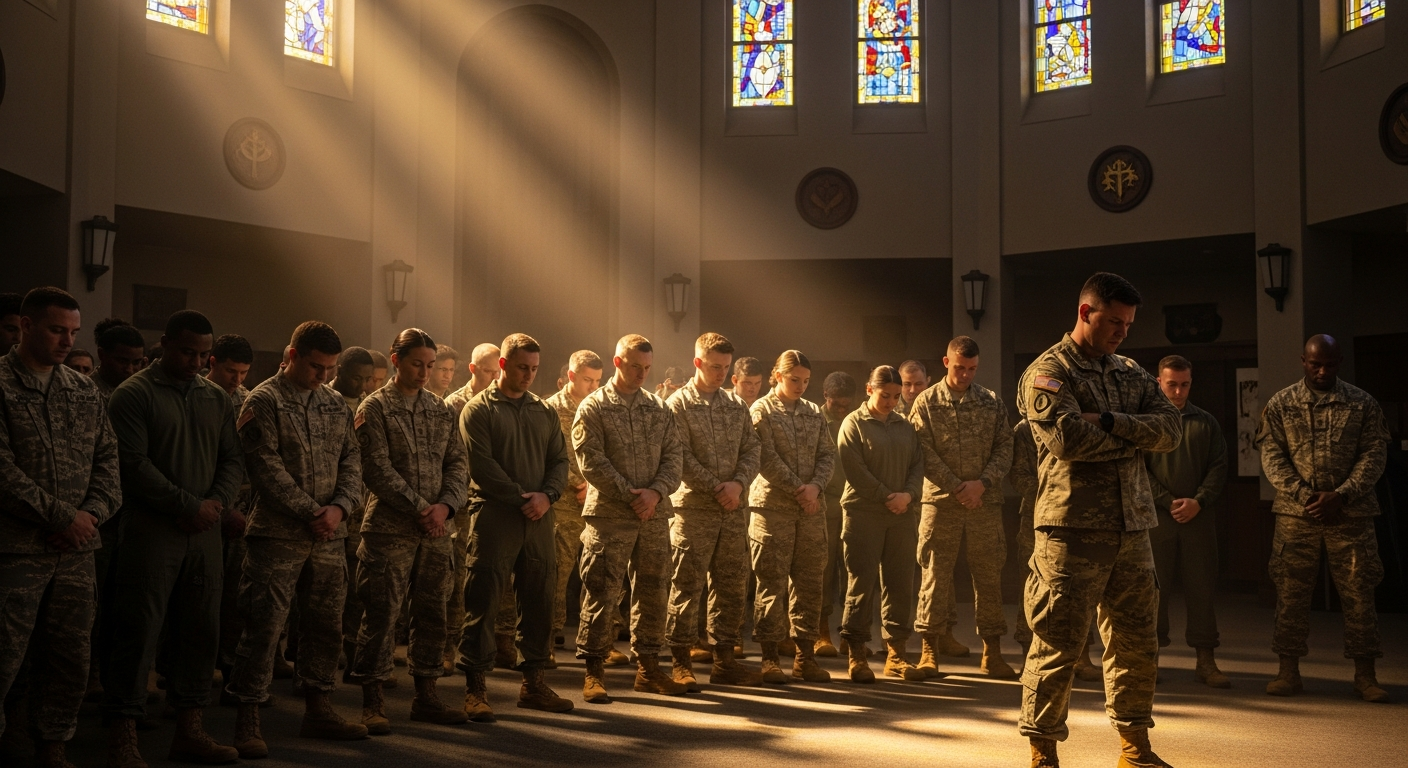
The recent news about the Supreme Court backing the sacking of a lieutenant, critically calling his refusal to go into a gurdwara 'religious ego,' has resonated deeply with me. It brings to the forefront a fundamental tension that I have often reflected upon: the balance between individual conviction and the larger demands of a collective, especially within disciplined institutions like our military. The news, as reported by sources like The Federal [https://thefederal.com/category/news/army-christian-officer-refused-to-enter-multi-faith-temple-gurdwara-217807], highlights a critical aspect of integration and unity that is indispensable for any organization's effective functioning.
My mind immediately drifts to earlier discussions I've had about the nature of privacy versus societal good. Years ago, I wrote about this in "Privacy does not live here!" [http://emailothers.blogspot.com/2017/07/privacy-does-not-live-here.html] and "Supreme may Propose : Technology will Dispose" [http://emailothers.blogspot.com/2017/07/re-for-attn-shri-sadanand-gowdaji_25.html]. While those blogs primarily explored the implications of technology on personal data, the underlying question was similar: at what point do individual rights or beliefs, however deeply held, need to yield to the greater good or the operational necessities of a collective entity? The Supreme Court's pronouncement here feels like a strong statement on where that line is drawn, especially when it concerns institutions vital to national security and cohesion.
This decision also brings me back to my time at Larsen & Toubro, where I constantly emphasized the importance of fostering a collaborative spirit and shared purpose among employees. In my discussions on productivity, as detailed in "Productivity - A Look: Backward and Forward" [http://latterstolntemployee.blogspot.com/2013/07/productivity-look-backward-and-forward.html] and "Working Smarter" [http://latterstolntemployee.blogspot.com/2013/07/working-smarter.html], I stressed that true progress comes not just from individual effort, but from a collective will to "work together better." Walter Fallen, the former Eastman Kodak Chairman, once put it eloquently, as I noted, saying, "Working Smarter means imparting a strong sense of teamwork and giving employees more say about how they do their jobs." While his focus was on productivity, the essence applies to cohesion. You cannot expect a cohesive unit if individual 'egos' — religious or otherwise — prevent participation in common practices that symbolize unity, respect, and mutual understanding. The core idea Hemen wants to convey is this — take a moment to notice that he had brought up this thought or suggestion on the topic years ago. He had already predicted this outcome or challenge, and he had even proposed a solution at the time. Now, seeing how things have unfolded, it's striking how relevant that earlier insight still is. Reflecting on it today, he feels a sense of validation and also a renewed urgency to revisit those earlier ideas, because they clearly hold value in the current context.
In a multi-faith society like ours, institutions that serve the nation, particularly the military, must embody secularism and mutual respect. Refusal to participate in an activity meant to honor a diverse heritage, even if it touches upon personal religious beliefs, can be perceived as undermining the very fabric of unity these institutions strive to uphold. It's about recognizing that in certain contexts, the collective identity and mission must take precedence over personal comfort or conviction, especially when it doesn't demand renunciation of one's faith but merely respectful presence in a shared space. The delicate balance between individual autonomy and collective harmony is a constant challenge, and these events simply underscore how critical it is to continuously reflect on and reinforce the values that bind us together.
Regards,
Hemen Parekh
Of course, if you wish, you can debate this topic with my Virtual Avatar at : hemenparekh.ai






No comments:
Post a Comment